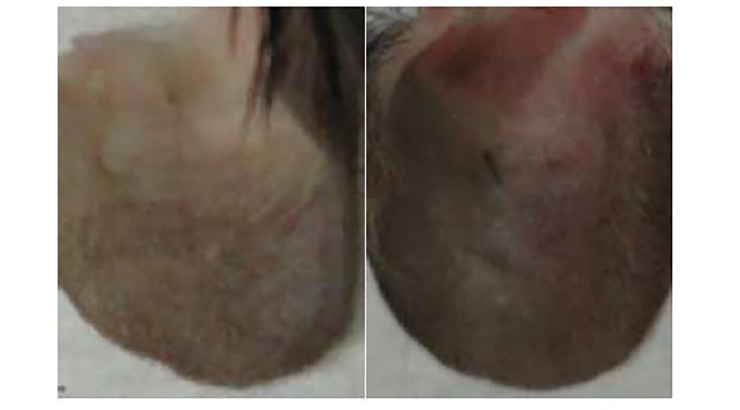A Method to Enhance Skin Immune Response Against Infection
ID# 2013-4037
Technology Summary
Using a proprietary genetically modified mouse model, a group of Penn State researchers identified a critical chemokine that regulates the skin’s immune homeostasis. Using various inflammation models, the researchers demonstrated that inactivating this regulator increases expression levels of pro-inflammatory immune-biomarkers such as TNF-alpha, IL-1beta and IL-17 and decreases the regulatory cytokine IL-10 in the skin. The researchers infected the knockout mice with Leishmania major, a skin parasite that survives by evading the immune system’s attack through manipulating immune cells in the skin. They found that the knockout mice had significantly enhanced immune responses at the infection sites and cleared the infection more rapidly than the control wild type mice.
Application & Market Utility
Manipulating the skin immune cells could help treat the skin diseases such as
infections and cancers. The immune therapy could be also used in patients with the compromised immune system such as diabetics and those undergoing chemotherapy that are more susceptible to skin infections by bacteria, fungi and other pathogens.
Next Steps
Has established a proof of concept; is seeking a licensing partner to work on commercialization.

